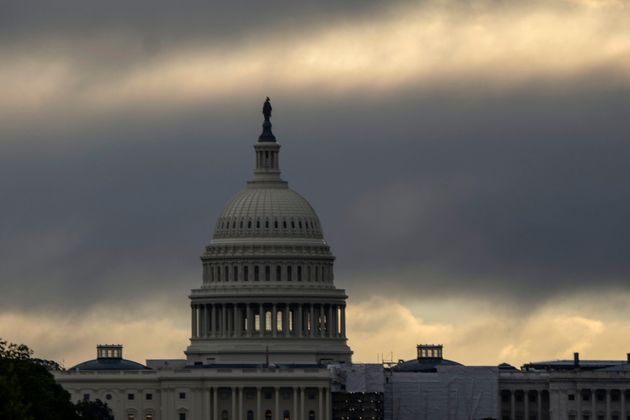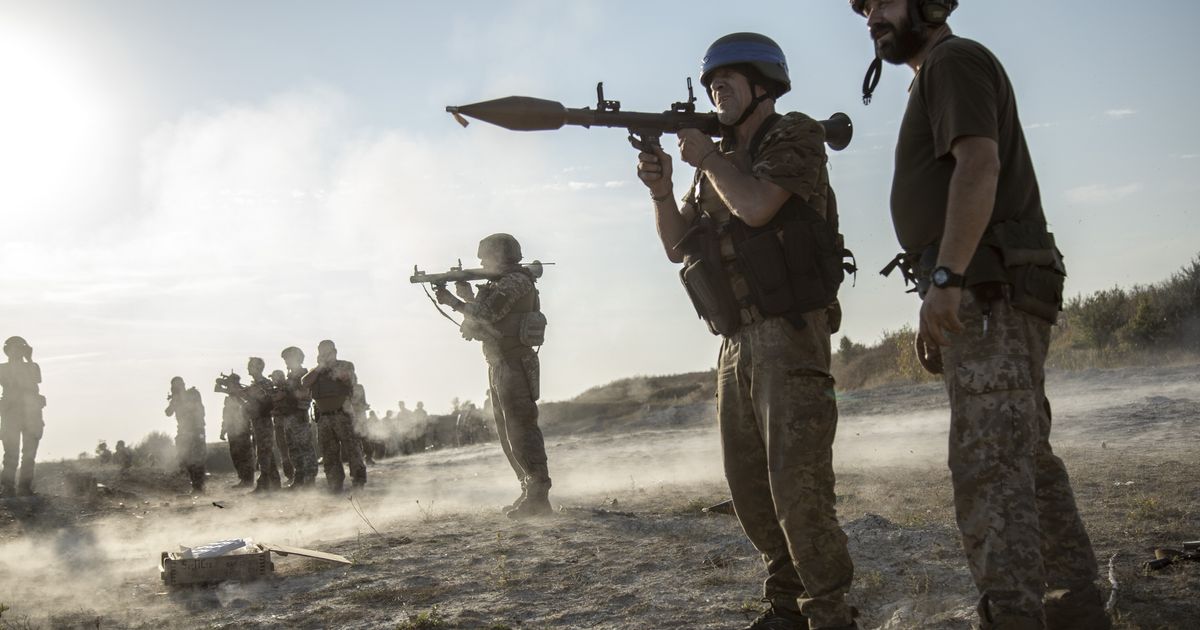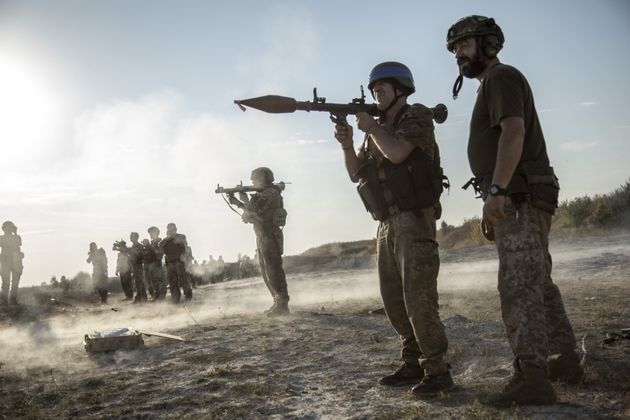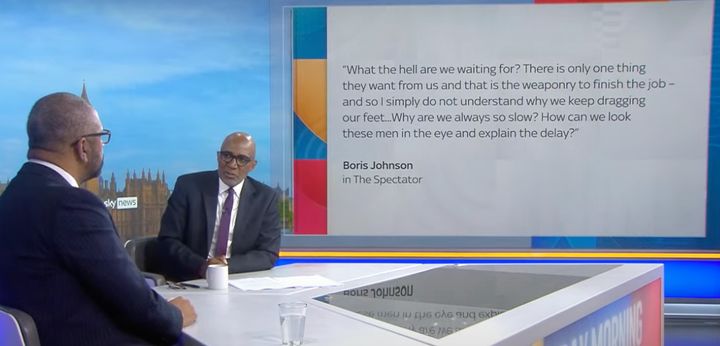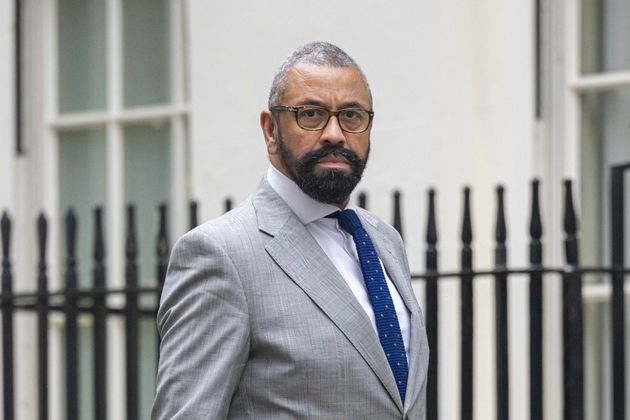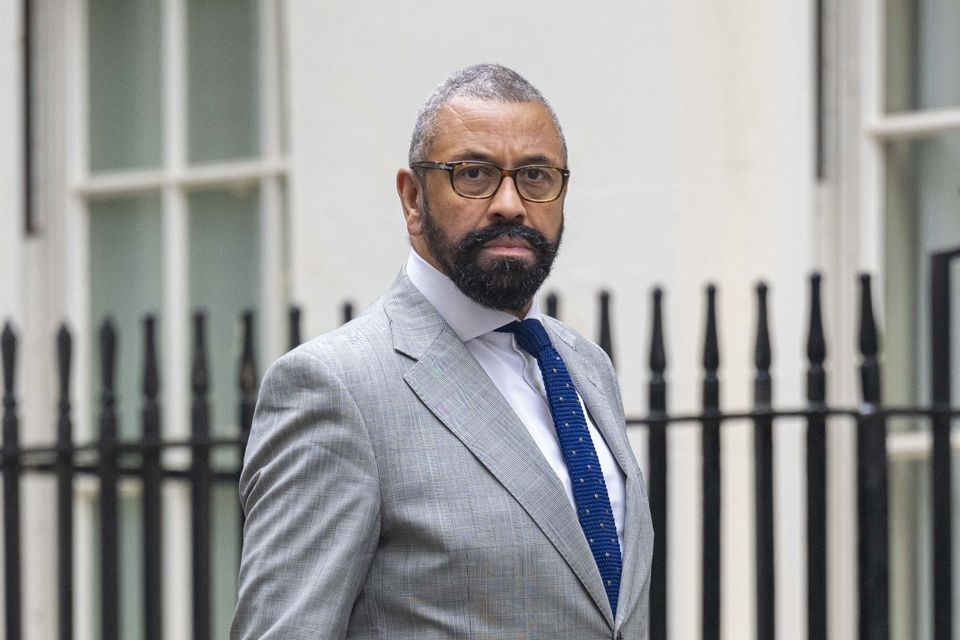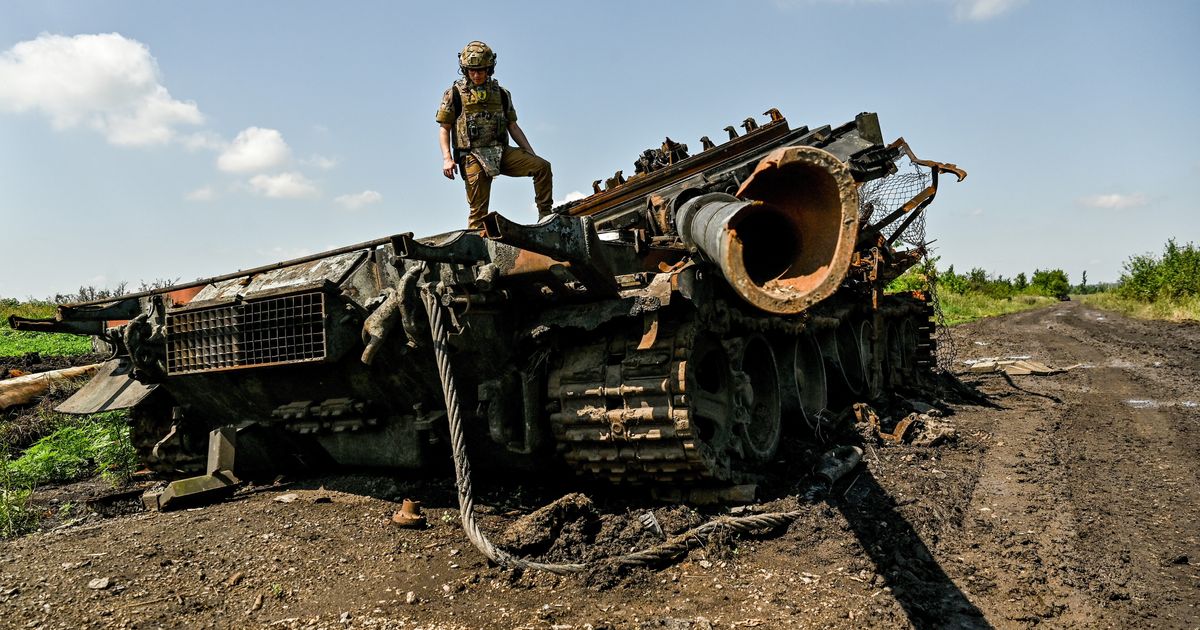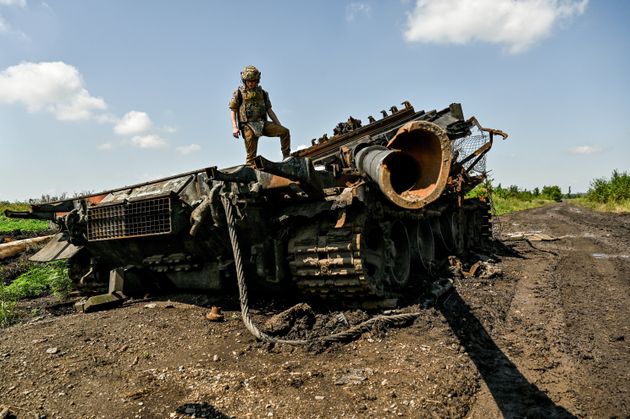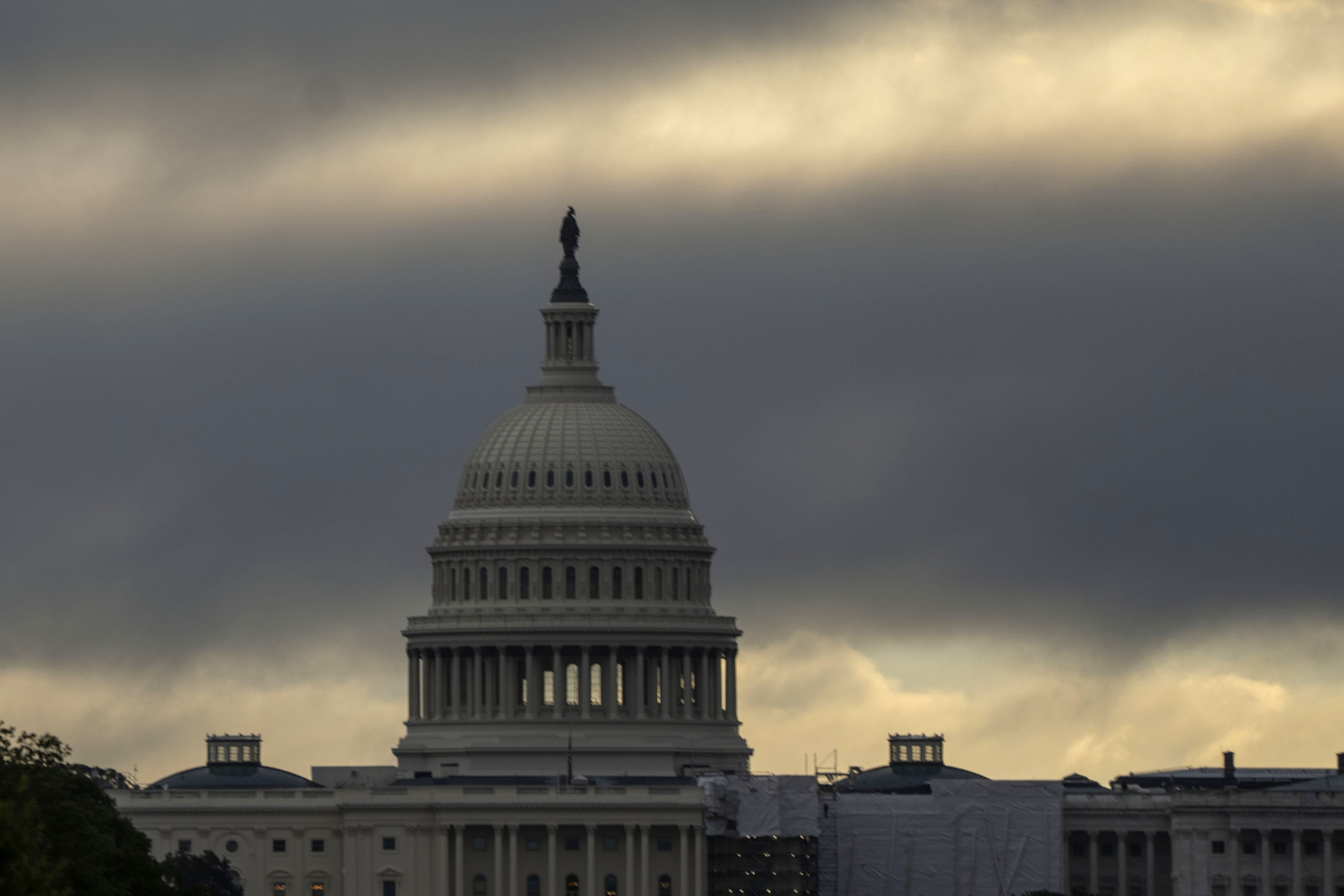
With hours left to go on the eve of a government shutdown, Congress passed a stopgap bill to keep federal agencies funded and workers at their desks through mid-November.
The price? About $6 billion in aid to help Ukraine defend itself against Russian invaders and new worries Russian dictator Vladimir Putin will be encouraged to continue the full-scale invasion he started in February 2022.
Advertisement
On Saturday afternoon, the House voted 335 to 91 for a temporary funding bill to keep the government operating through Nov. 16 and also fund disaster assistance. Two hundred and nine Democrats joined 126 Republicans in voting for the package.
Later that night, the Senate passed it 88 to 9, though only after some last-minute public misgivings by a few Democratic senators, including a brief hold on floor action by Democratic Senator Michael Bennet over the Ukraine aid.
The bill will now go to the White House for President Joe Biden’s signature.
The deal will avoid the worst case politically that both parties feared ― being blamed for the first government shutdown since 2019 ― but leaves several issues unaddressed, like the future of House Speaker Kevin McCarthy.
Putting the bill on the floor was a stark turnaround for McCarthy, who has spent all year trying to placate far-right members of his conference — something that has proved almost impossible. On Friday, he moved a bill that would have kept the government open with severe spending cuts and 21 hard-line Republicans still voted no, dooming it.
Advertisement
Republicans such as Representative Matt Gaetz have said they would force a no-confidence vote in McCarthy if the House passed a funding bill with Democratic support.
But pulling his party back from the brink of a shutdown may have boosted his stock with the more moderate wing of his party. “If we have folks in the conference that don’t like his leadership, that want to put a motion to vacate forward, that’s on them to do that and explain to the American people why,” said Republican Representative Mike Lawler.
And McCarthy remained defiant.
“If somebody wants to make a motion against me, bring it. There has to be an adult in the room,” he said.
Another open question is what happens when the stopgap bill expires. While lawmakers have a few more weeks to work on spending bills, it’s unclear that they will get them finished by then. And the near-shutdown this time could merely be a dress rehearsal for an actual one later in the year.
Democrats initially balked at the bill, saying they had not been given enough time to read its 71 pages. But faced with the political reality that they could be blamed for a shutdown by insisting on aid to war-torn Ukraine, many decided to embrace the bill.
Advertisement
Representative Rosa DeLauro, the top Democrat on the Appropriations Committee, however, read a letter from Mike McCord, the Pentagon’s undersecretary for defense, who warned that European allies would be unlikely to keep up their support for Ukraine without U.S. leadership.
“From the very beginning of the war, Putin has bet that America is weak, unreliable, and that his desire to rebuild the Soviet Empire was greater than our will to oppose him,” said Scott Cullinane, director of government affairs at Razom for Ukraine, a pro-Ukraine advocacy group. “Our unwillingness to give Ukraine the weapons it needs to win and Congress’ delay in funding threaten to prove Putin right.”
McCarthy has said there is enough Ukraine aid still in the pipeline for another 45 days. Aid could be attached to another bill later on, but would probably have to be more than the $6 billion that was at issue here and it’s unclear what bill it would have to be attached to in order to pass.
Representative Jim McGovern said the stopgap was a win for Democrats, especially compared with what House Republicans had been proposing earlier in the week. He also said he thought Ukraine aid would eventually be passed.
“Talk to me in a few weeks,” he said.
“We have to deal with these issues again in 45 days but, for today, I’ve got a little bounce in my step.”
Advertisement
CORRECTION: An earlier version of this story incorrectly included the word “all” when referring to the 126 Republicans who voted for the House bill. There are currently 221 Republicans in the House.

